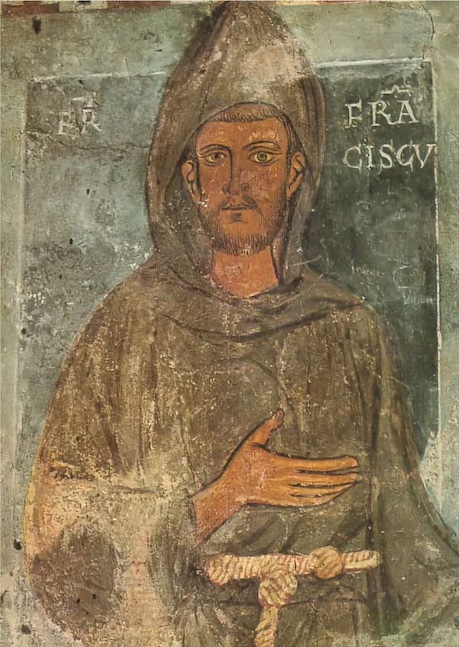
Matthew 26
69 Now Peter was sitting outside in the courtyard. And a servant girl came up to him and said, “You also were with Jesus the Galilean.” 70 But he denied it before them all, saying, “I do not know what you mean.” 71 And when he went out to the entrance, another servant girl saw him, and she said to the bystanders, “This man was with Jesus of Nazareth.” 72 And again he denied it with an oath: “I do not know the man.” 73 After a little while the bystanders came up and said to Peter, “Certainly you too are one of them, for your accent betrays you.” 74 Then he began to invoke a curse on himself and to swear, “I do not know the man.” And immediately the rooster crowed. 75 And Peter remembered the saying of Jesus, “Before the rooster crows, you will deny me three times.” And he went out and wept bitterly.
Mark 16:7 has an interesting little element in it that has caused no little comment over the years. The chapter begins with Mary Magdalene, Mary the mother of Jesus, and Salome going to the tomb of Jesus on Sunday morning. The stone has been rolled away. They go in and they see “a young man” sitting in there “on the right side, dressed in a white robe.” He pronounces Jesus’ resurrection in verse 6 and then, in verse 7, says the interesting thing. The English Standard Version renders it like this:
7 But go, tell his disciples and Peter that he is going before you to Galilee. There you will see him, just as he told you.”
Have you ever noticed that: “…tell his disciples and Peter”? Commenting on this, Russell Saltzman notes that some render the phrase in question as “tell his disciples, even Peter…” But “even Peter” is probably not right. Even so, writes Saltzman, there may be reason to see something in “the young man’s inflection when saying and Peter to the women, as if expressing some small but not unnatural hesitation over words he is commanded to speak.” Saltzman writes further:
Knowing just a little about Peter as reported from the gospels, even Peter is the more sensible approach. Can you hear the young man? “Go and give this message to his disciples . . . [long pause, heavy sigh, a reluctantly mumbled] . . . even Peter.”
Other translations put this as (long pause, resigned heavy sigh) including Peter. A contemporary paraphrase renders it as and don’t forget to tell Peter, which leads me to wonder if the young man may have worried they might not. That line—I can hear it spoken in the voice of the anhedonic stuffed donkey, Eeyore.[1]
That is indeed interesting, no? “But go, tell his disciples and Peter…” Why is he, Peter, the lead disciple, singled out when it comes to the good news of the resurrection? Perhaps because, outside of Judas Iscariot, Peter had the most colossal collapse of all the disciples. He denied Jesus three times. So maybe the “young man” is nodding toward Peter’s denials with his strange “and Peter”…but, then again, maybe he was grinning when he said “and Peter” and was thereby nodding toward God’s grace! Who knows?
Yes, there is shame in Peter’s behavior…and there is beauty in God’s grace to Peter. But let us consider first Peter’s ignominious denials.




